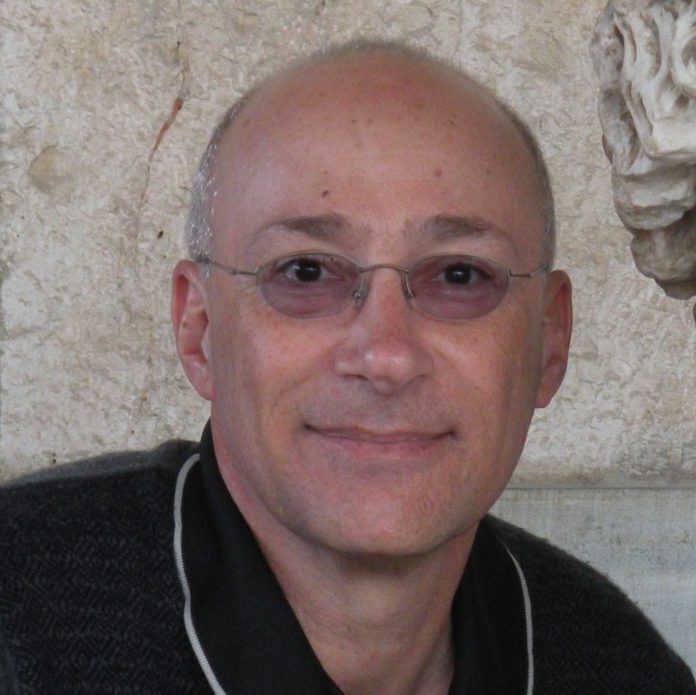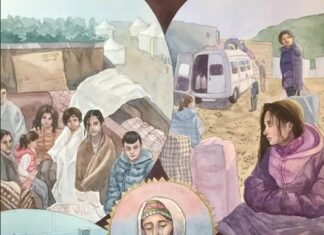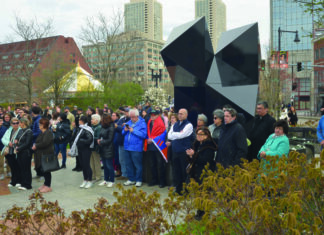WATERTOWN — On December 2, Massachusetts finally joined the ranks of states mandating genocide education, including the Armenian case, in public schools. The Massachusetts legislation follows that of 20 other states, including four in New England. This lag might be surprising because Massachusetts has a large and active Armenian population, and had adopted a law recommending, but not mandating, guidelines for teaching genocide and human rights over twenty years ago, in 1998.
In the period between 1985 and 1994, five states, New York, New Jersey, California, Illinois and Florida, legally mandated genocide education. A hiatus of some 20 years followed before efforts to pass such laws sprung up again in 2014. Massachusetts meanwhile faced efforts by Turkish organizations and their supporters to dilute the portion of the state curriculum that recommended teaching the Armenian Genocide. Initially, these organizations managed to introduce materials in the curriculum that claimed the Armenian case did not qualify as genocide. Cosponsor of the original bill State Senator Steven Tolman managed to have these items removed.
Then, in 2005 lawyer Harvey Silverglate filed a suit against the Massachusetts Department of Education on behalf of the Assembly of Turkish American Associations and several public school teachers, students and parents, claiming that what happened was censorship. A federal court dismissed the case in 2009 but the plaintiffs took it to a higher court. The US Court of Appeals for the First Circuit dismissed their appeal in August 2010. The plaintiffs then attempted to apply to the US Supreme Court, but the latter declined to hear the case in January 2011, thus putting an end to the legal efforts to debase the curriculum.
An attempt to pass a mandated curriculum in Massachusetts began around 12 years ago. Eric Cohen, chair of the Massachusetts Coalition to Save Darfur, has been involved from the beginning with the various bills introduced for this purpose. He said wryly, “It did take a long time. Somewhere along the way, I was informed by experienced Massachusetts legislators that it is not unusual for such things to take ten years. That didn’t really make me feel better though.”
In nearly all of the legislative committee hearings and lobbying that took place over the past dozen years, there was a significant Armenian component. The Armenian National Committee (ANC) of America and the Armenian Assembly of America (AAA) actively supported it and sent representatives to testify. Primarily, Dikran Kaligian of the ANC and Herman Purutyan of the AAA respectively represented these two organizations.
The first bill was actually the brainchild of a high school student on the South Shore of Boston. Cohen said that naively, not having any experience in legislation, he thought it would make more progress. Nevertheless, he said, “I would like to think that it got a little stronger and gained a little more support every legislative session.”












